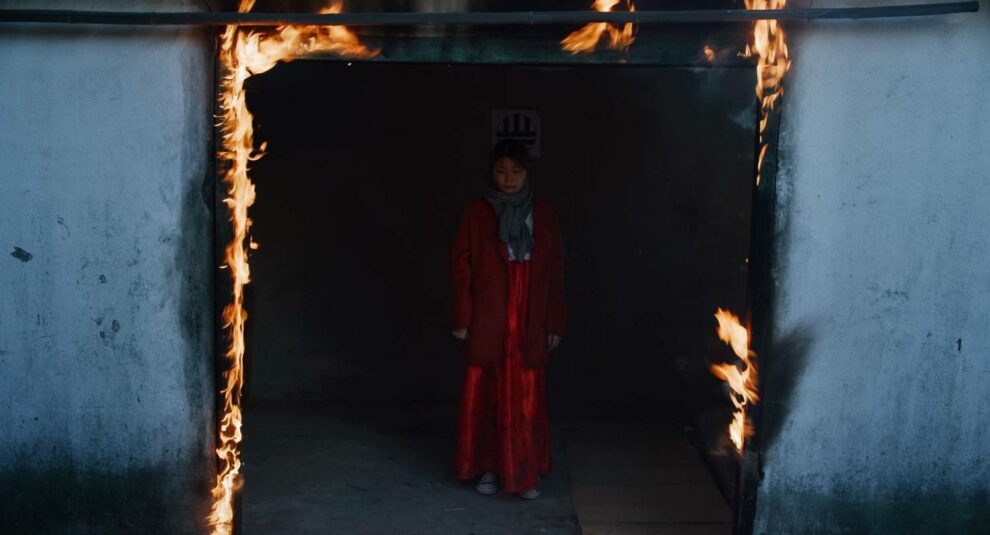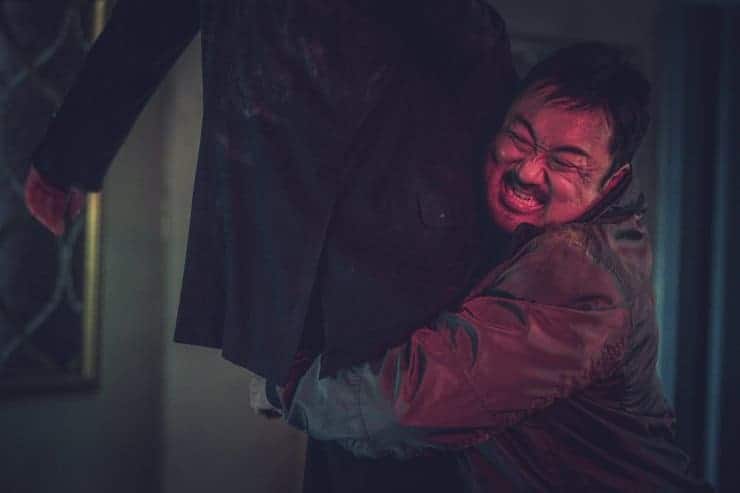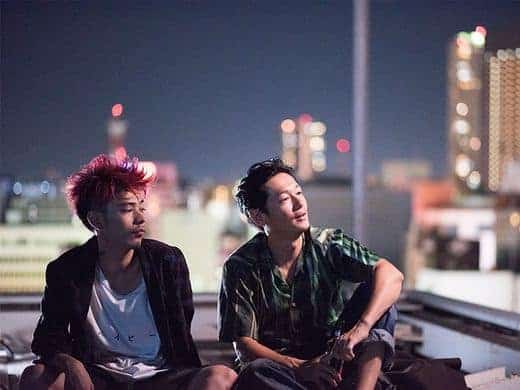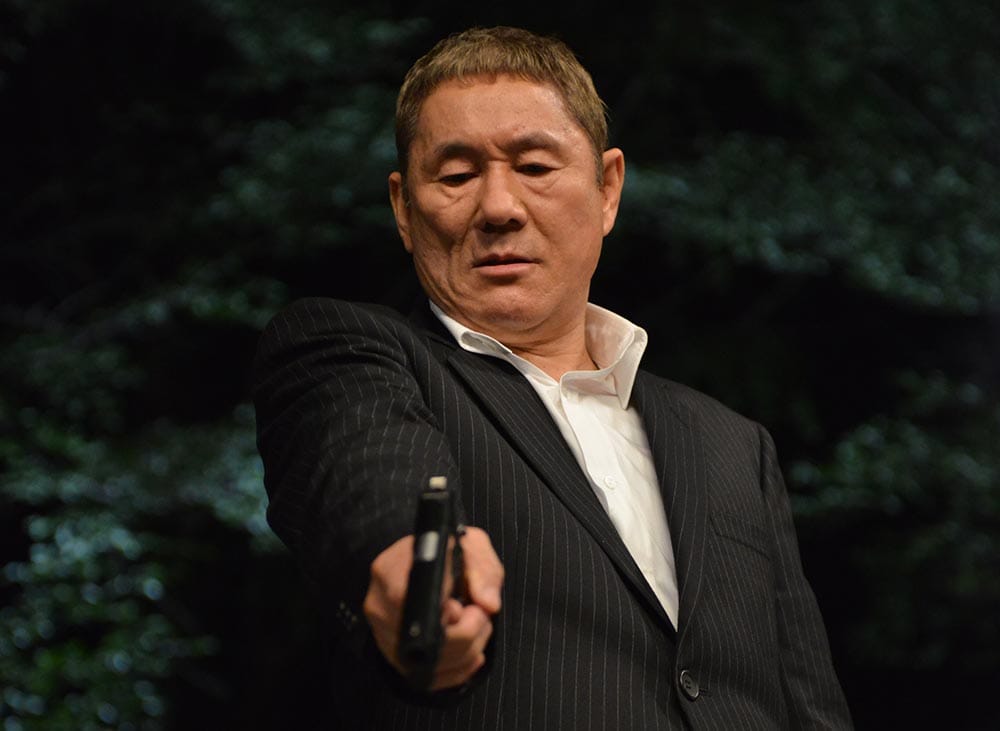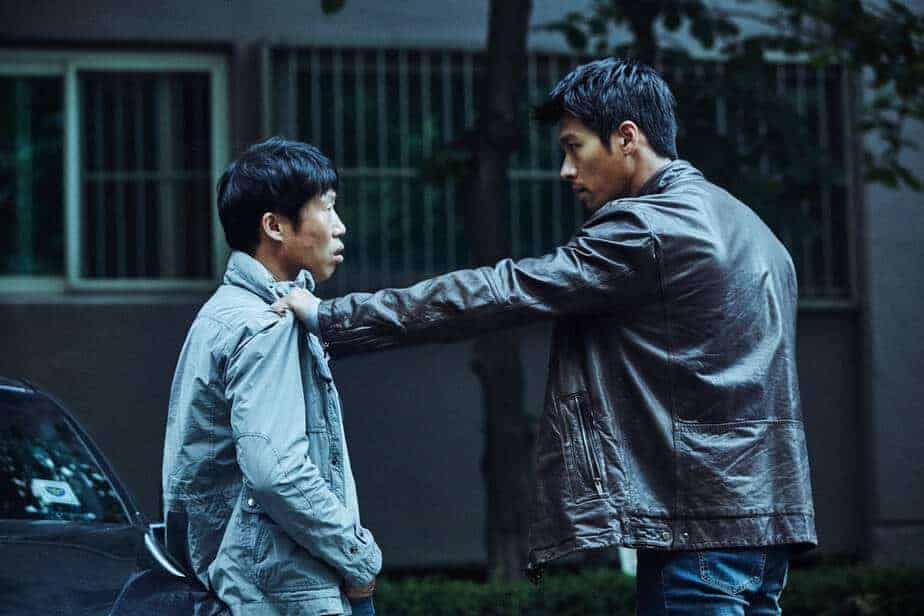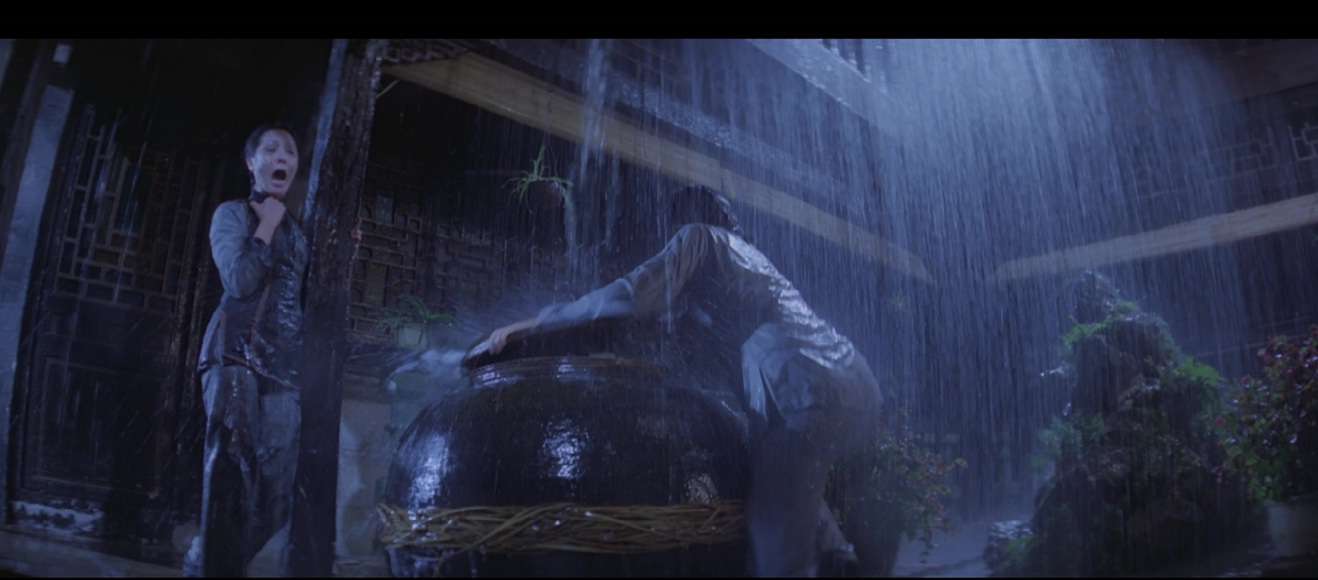Films about cults, although a phenomenon that has tormented particularly countries like Japan and Korea, are not exactly so common, despite the fact that some great titles, as in the case of “Rebirth” by Izuru Narushima do exist. Choi Jeong-min, in his fourth feature, tries to fill this gap with a film that aims at presenting the phenomenon as realistically as possible, although retaining its dramatic premise from beginning to end.
Myeong-seon defected from North Korea with blind, elderly Sin-taek, the leader of the Hwashin Church who worship the God of Light and insist that they can resurrect dead people. Myeong-seon is actually in with Sin-take for this reason, since her son died a while ago and she believes the man can resurrect him. The two live a rather hard life, in a rundown house, with the girl working in a restaurant, trying to attract more people into the cult, as the Teacher claims that this is the only way for the miracle to be performed, and taking care of him. She is not particularly successful in the second, however, while the people of the small town they reside soon turn against her, particularly the women, for her proselytizing, the fact that they are North Koreans, and the fact that the two make no effort to adapt in their new environment, even getting her fired in the process. Eventually, though, a technician who fixes their boiler finds some value in their teachings, a couple who have lost their child also come in, while two girls, Jae-sook and Yeong-sook, who knew Sin-taek even before Myeong-seon, also come to lend a hand. The latter, though, starts feeling antagonism towards the two, as they do try to take over, while the issues with the basic concept of the cult do remain.
Even if the combination of North Korean defectors who are members of a cult and one of them is severely handicapped is somewhat excessive, Choi Jeong-min's approach actually follows realistic paths for the most part. In that fashion, the setting in which Myeong-seon is exploited is set from the beginning, with the Teacher taking advantage of both her eagerness to resurrect her dead son and his blindness in order to have her taking care of him. That she does so, essentially against all odds and until the end, may show some kind of naivety, but at the same time, highlights the concept of motherhood and the illogicality occasionally associated with it, particularly when loss and grief is involved.
In that regard, one can only feel for the main protagonist, also because she gets bullied repeatedly but still tries to achieve her goal, despite the fact that to the external viewer, the whole concept of resurrection seems ridiculous. Apart from the treatment cult people get from the rest of the community, Choi also makes a comment regarding North Koreans who have moved to the South, with their reception by the latter not being exactly ideal. Of course, the duality of the two protagonists makes their situation impossible, to the point that one cannot actually blame the people who move against them, even if sometimes, they function as a mob.
Furthermore, through all the protagonists, including the people who enter the cult later on, Choi makes a very realistic comment on how the whole concept works, including the way the leaders are established and the overall mentality of the followers (who are usually people in despair, and/or poor, uneducated and not particularly smart individuals). Even more interestingly, it shows that some people enter these organizations for completely different reasons, in an approach that also deems the cult members victims, while, as a general comment, showcases that the cult as an organization, can actually be much worse than its individual members.Lastly, the whole approach towards everyone in the story seems to be part of an effort not to accuse any one in particular, presenting them all as victims one way or another, in a way though, that is not that realistic after all.
Jeong Ha-dam as Myeong-seons is impressive throughout the movie, with her desperate efforts and her continuous failure deeming her heroic on a number of levels. Kim Jae-rok as Sin-taek is convincing in his holy madness and his evident effort to convince against logic. Myung Chae-mi as Jae-sook and Shin Na-rae as Yeong-sook are quite good in the roles of the villains essentially, with the scene of revelation being one of the most impactful in the whole film.
The cinematography follows the realistic premises of the story, with the camera following the protagonist through close-ups and mid-shots for the most part, in a style that frequently points towards a documentary. At the same time, a tour guide aspect is also implemented after a point, adding a very appealing sense of motion to the narrative. Some lagging does exist close to the end, but in general, the pace is quite fitting, moving in relatively slow paths.
Despite some issues here and there, “From the New World” emerges as a captivating story, particularly for the acting, the agony regarding how the story will end, and the presentation of the concept of the cult.


